(Check out Part 1 of this interview if you missed it!)

So, whether it’s a dance track or an R&B, the song would ideally have that euphoric feel, right? Your genre spectrum, on the other hand, is very wide. You wrote the fast-beat dance hits for TWICE, but you also recently produced two rather mellow B-side tracks for SF9, like “Heartbeat” and “The Beat Goes On.” First of all, were they original titles for SF9?
Yes. ”The Beat Goes On” was originally “The Beat Goes On.” The choral part of those lyrics where the words are emphasized (toward the bridge section) was originally Andy Love’s idea. So, me and Andy, we write together all the time. He is unbelievable. I work with him, like the way I like to think of us Rodgers and Hammerstein...or like Lennon – McCartney, for example. [laughs] I mean, obviously on a much lower level that that, but I mean we complement each other really well. And, for that particular song “The Beat Goes On,” sometimes I’ll have to push him and sometimes he’ll have to push me, but that was the song where I was like, ‘there’s something here that’s really good. Let’s get this right.’ So, we worked on the melody together, and [Andy] thought, ‘yeah, let’s do this!’
I guess a song’s image can change because of the concept and the lyrics. Were you happy with the outcome, the way SF9 delivered it, for example?
Yeah, they did great. A lot of times, I think the demo sounded better, but for both of those songs – “Heartbeat” and “The Beat Goes On,” they did a really good job. I even texted their A&R team right way, saying ‘tell them [SF9] this – I’m not always happy (with the outcome) but I’m extremely happy with the way it turned out!’
And with ASTRO’s song “Love Wheel.” that was your first ballad song, right? Do you wish that these B-side tracks would get recognized more? Did you think they could also work as title songs?
As far as album track versus title track, I definitely kind of know when something’s being made, like ‘oh yeah, this is going to be as good as an album track’ or ‘this is going to be a title’. Or, there are times when it can be both. And it’s really up to the label what they want. I mean, obviously, it’s their decision what they want to promote. We can only write the best song as we can.
But they went pretty close to being title tracks, right?
Many times, yeah. So, I don’t want to just try to write a single. I can try to write the best song I can, and sometimes I do try to write something that could be a single, but ultimately I just want to write a good song. So, the ASTRO one, for example, I don’t necessary think that (that could have been a title song). I mean, I haven’t heard any other artist put out a single like that, so I didn’t necessary think that that was going to be a single, but I thought it was a good song. So, as long as that’s there, then I feel comfortable giving it to a label, saying ‘this will be good for your artist.’
Yes, and many, many fans love these B-side tracks as much as the title tracks!
Yes, of course! An album is important, because you have all these title tracks that are a lot of the times the “trendy” sounds, but people like me, and a lot of other people, are maybe into a different kind of sound. They are into a more ballad kind of sound, they are into a more 80s sound, or they are into a more 90s R&B, whatever it is. So, you need to have that in order to satisfy the fan base. You can’t just have seven trap songs (in one album). I mean, you could, but it wouldn’t be a very good record.
Generally, as a K-pop songwriter, would you create the song sometimes knowing which group you’re writing for? Either way, how does your relationship to the songs you create change after seeing the visual outcome with the album concept, the MV, etc.?
So, for SF9, I did know that I was writing for them, with AOA, I did…I would say 25% of the time, I know the artist that I’m giving it to versus 75% of the time, I don’t. In terms of the overall visuals, I think when we’re writing the song, I still try to visualize the concept myself, whatever that may be. Like, coming up with the song title and the lyrics. And, when we write the lyrics, [the company] will possibly keep the title. So, we try to do that a lot. And, whether the company wants to keep the title or not, it depends, but seeing it come together, with the song “Love Bomb” by fromis_9 for example. That was one where we wrote it as “Love Bomb” and they kept it as “Love Bomb.” And the concept, when we were writing it, that was it! I mean – they executed it way cooler than I could ever imagine, but thought holy s***! Like, they had all these things in the video. Obviously the color saturation, the dance, and everything, but they also had all these awesome images, like they were throwing the grenade, a guy playing minesweeper over the girls, and the girls with the candles. With the grenade being thrown with a baseball bat – that’s just awesome. It all came together that way, so when I see that, it’s pretty satisfying.
What would you call as your personal favorite song that you’ve put out there so far in K-pop?
Oh, man. I mean, I really, really like “Heartshaker” a lot. I’ve always liked that song. Even when it was a demo, I’d listen to it all the time. And “The Beat Goes On.” Those two are probably my favorites, and maybe “Love Bomb” is a third. (With “Love bomb,”) it was unique! I mean, I did the track so, for me, that was like my baby. I wasn’t even thinking of anyone else – I just wanted to do it.
But, of course, we can’t not talk about the collaboration aspect of the process as well. As you said, you often with Andy Love, and you also work with Devyn Rush, and with maybe other Seoul-based producers such as Ryan S. Jhun? What’s that process like?
Everyone’s different. But, I like to be as involved as possible. Not to sound too overbearing, but I like to be a part of the whole process. With someone like Andy, it depends on what it is, but I trust him a lot, so I’ll do the track and give it to him. Then, he will do the melody, and I’ll be an editor. Because I’m a fan of his, I feel comfortable giving it to him. With Devyn, whom I’ve known for a really, really long time, we know that we’re going to be here (in the studio), and it will be way more collaborative. Like, I’ll do the track, and we will be together when writing the topline. With Ryan, he has a really good ear. Because, you know, he’s more of an executive-producer type. He’ll say, ‘this need to change’ or ‘that needs to change,’ and almost every time, I’m like, ‘yeah, that would be better!’ He just has that ear.
(produced in collaboration with Ryan S. Jhun)
Where do you usually get your inspiration from? Do you often get inspired from non-music elements as well?
Yeah! For “Heartshaker,” for example, the whole thing started out from this -- there was this sound from this old TV show called ‘Bewitched,’ when Samantha the witch casts a magic spell, and I recreated it as the start of the song. The whole vibe, for me, came from that. From the beginning of the song, it just all kind of fell into place from there.
Are you working on anything new at the moment?
Many things. With different collaborators. I got a lot of different releases coming up in K-pop.
In 3 words, how would you describe your own identity – your music or yourself?
Ah, I’d like to say…what’s the word that makes you feel good?
“Feel-good”?
Yea! Full of life. You know. I want to make people happy. If you listen to a song, I want you to feel good at the end of it. I want to give joy to people.
Do you have any words for aspiring K-pop writers out there?
First of all, it’s such a generic answer, but being good? The main thing is to try to have an identity of your own. Don’t try to copy other people’s sounds – everybody says that. But when you’re first starting out, it’s hard not to, but as you evolve, don’t try to chase anything else. Just do what you want to do. And, I guarantee you, if your stuff is good, then somebody’s going to want it.
Any message for the K-pop fans out there who continue to enjoy the songs you've created?
I wanna give a big shout out to all the K-pop fans. You all are the most passionate music fans in the world, and your never-ending support of your favorite artists and songs never ceases to amaze me.

It seems that David Amber never had to tweak his music in order to cater to the K-pop/J-pop industry. His musical style and opinions had already been built, while the individual works he created fit right into with the vastness of K-pop during a time he was also exploring and receiving inspiration from many Asian artists. While executing this interview, I felt a heightened awareness of the amount of versatility that K-pop offers to the writers, the way its diversified style gives them more creative freedom to experiment and publish all types of songs. With someone like David Amber, instead of labeling a genre to his own music, the overall vibe and philosophy of making music that simply "feels good" should basically cover everything. And, somehow, that could also sum up the collaborative influence that K-pop works in general: a bundle of open-ended sounds, dances, and multi-sensual vibrancy that reaches multicultural and, often times, all-age audiences.
This hit producer will soon head over to Seoul once again, now ready to meet up with more label representatives than ever for new and exciting projects ahead. Since more than a few companies are on the lookout for his craftsmanship, you may never know if tomorrow or the next month's big hit of your favorite group will be born out of this studio. So, the next time you happen to come across a good K-pop song or album, whether it's dance, R&B, or ballad, make sure to check out the album credits, because you just might see David Amber’s name on there.
For the full list of David Amber's music credits, check it out here.
 SHARE
SHARE


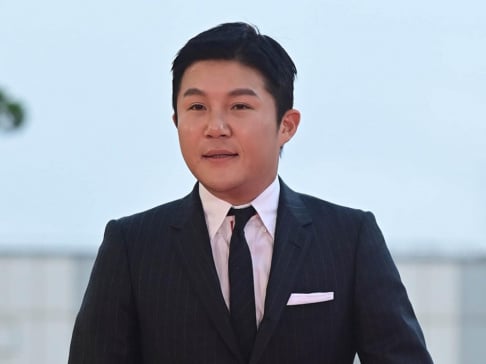
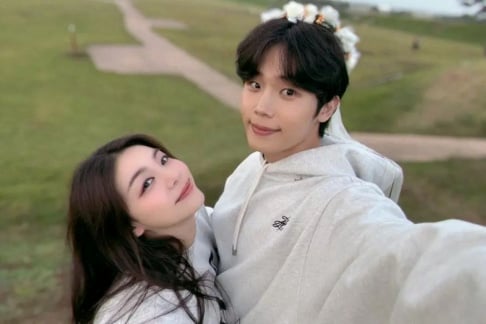
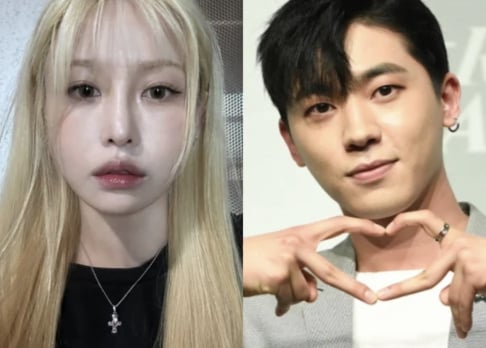
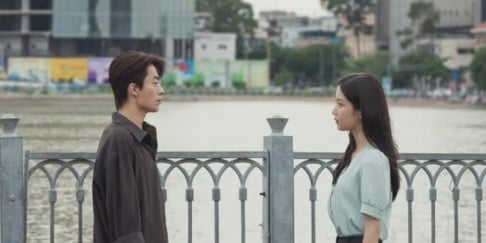
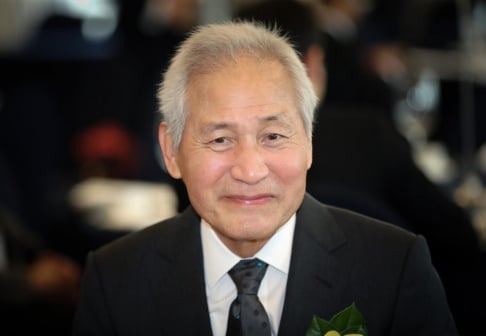

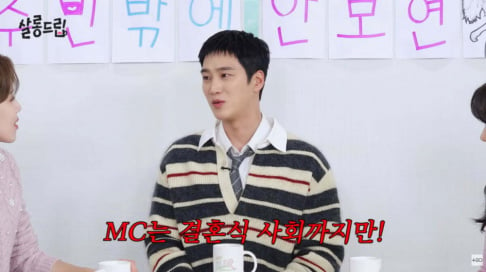
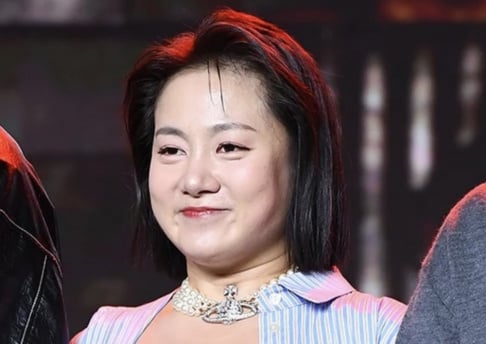
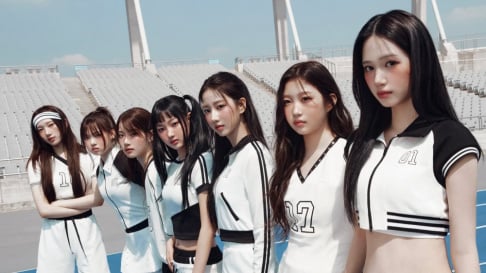
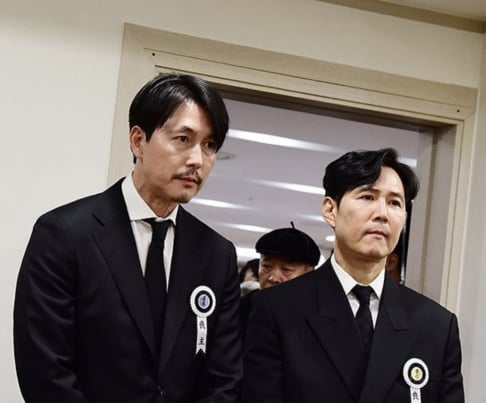
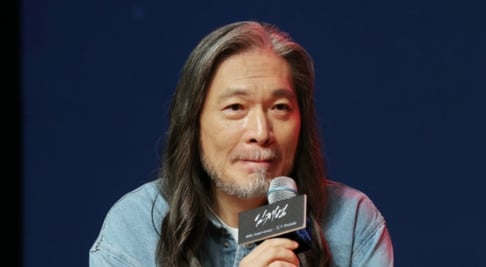
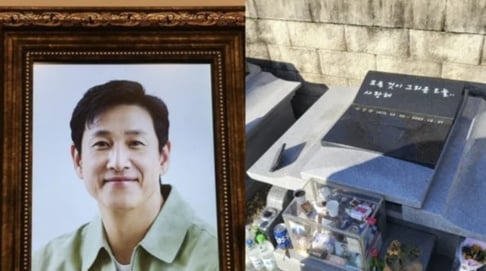
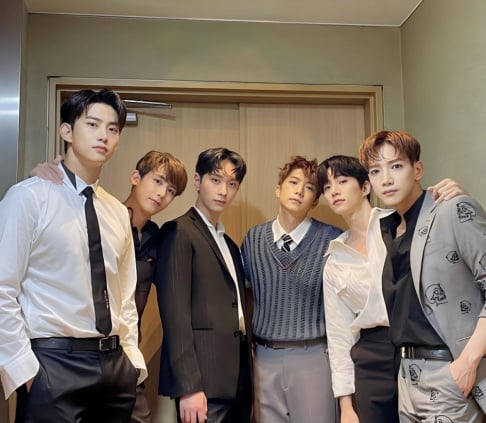
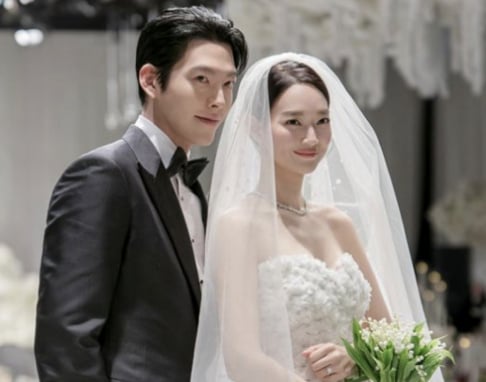
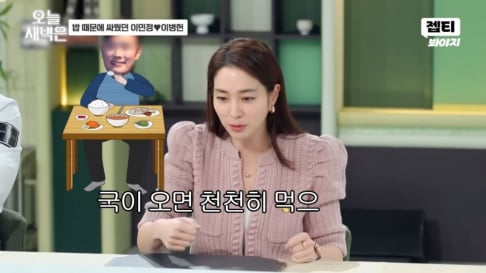
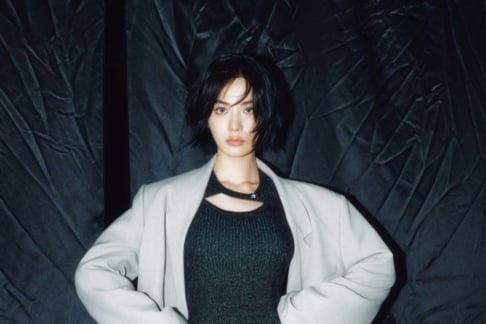
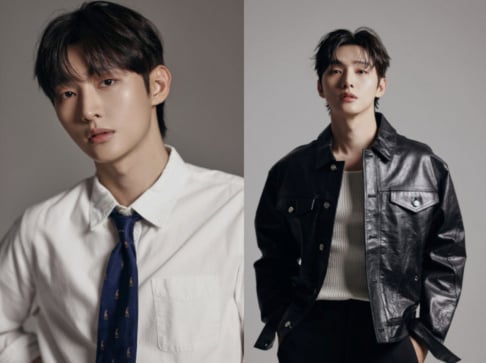
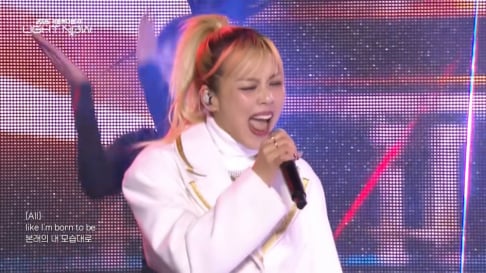
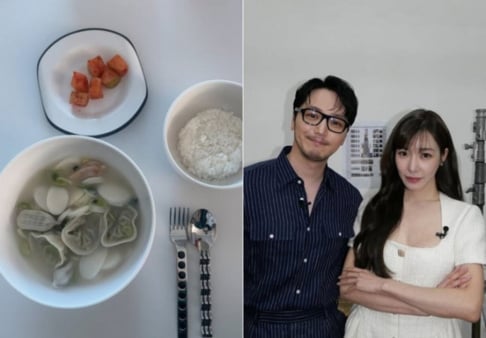

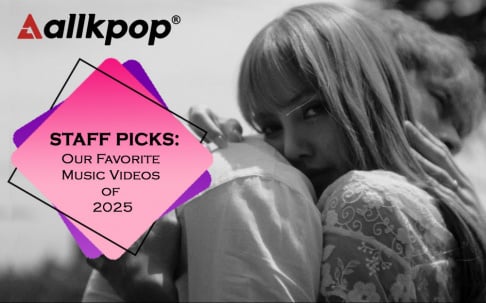


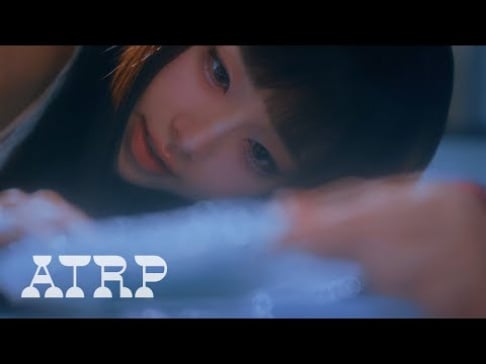
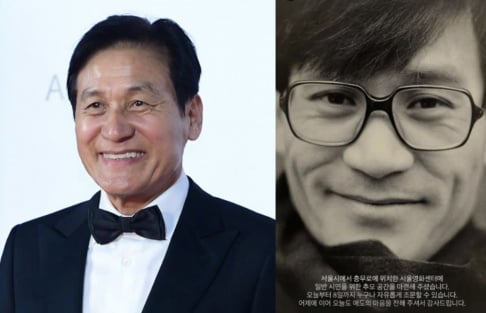

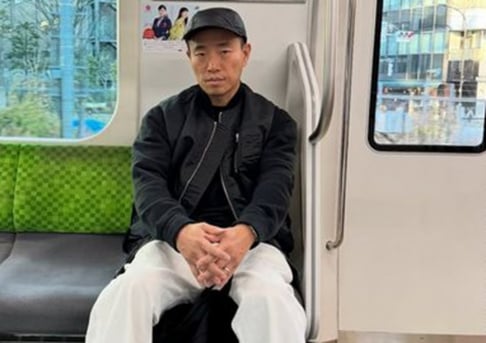


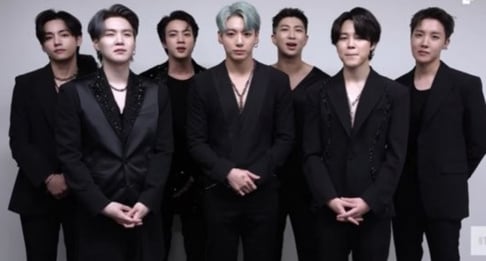
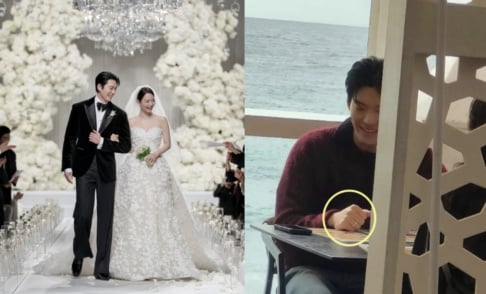
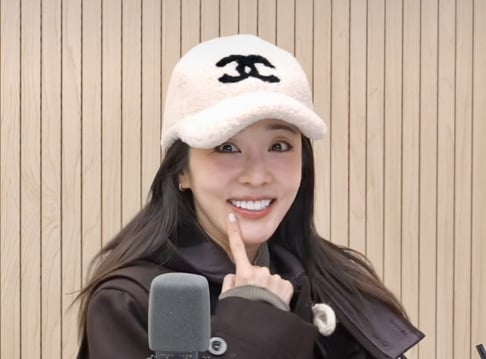
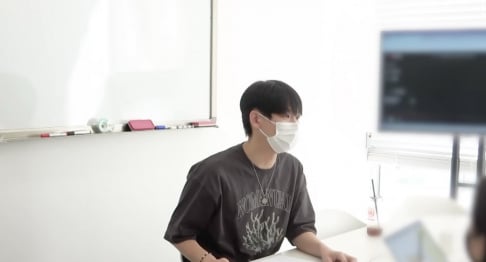
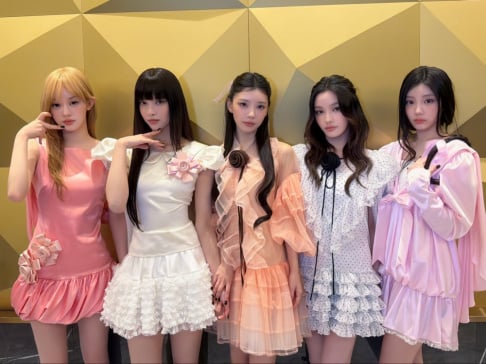
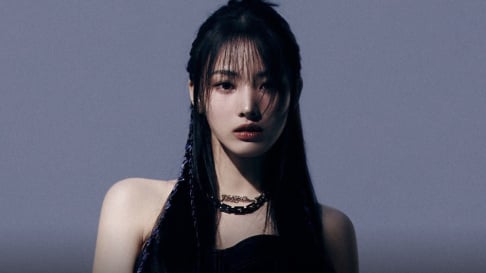
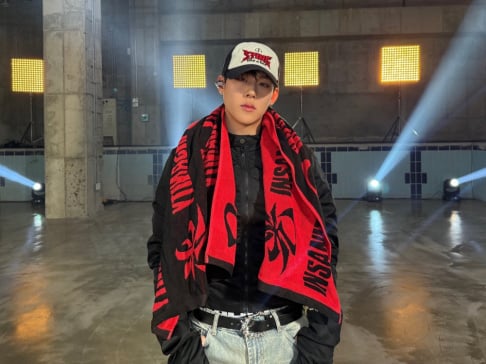
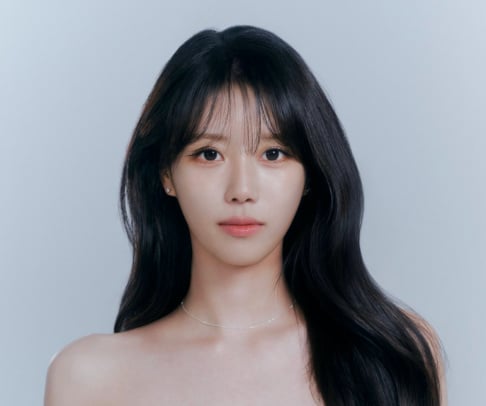
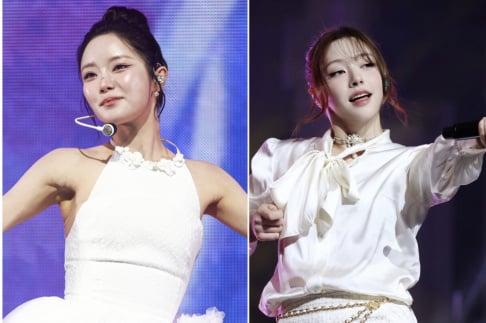
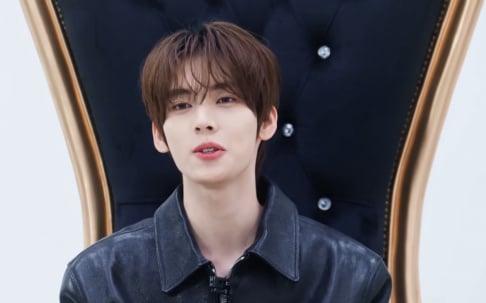
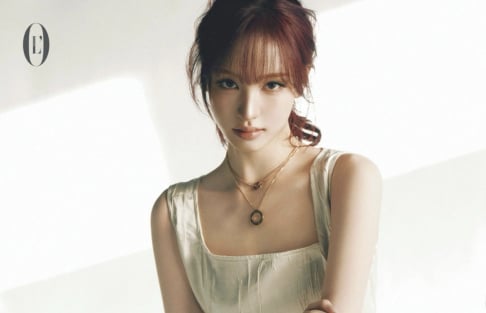

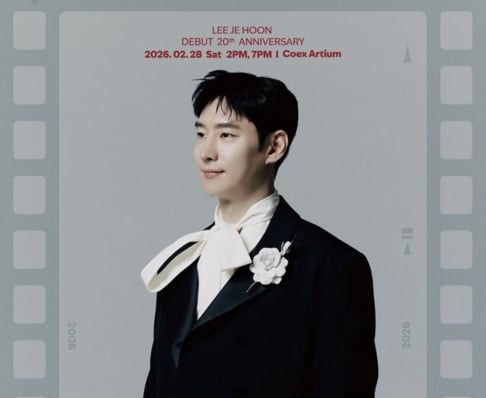
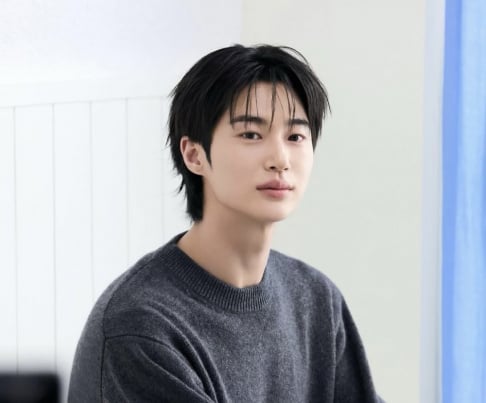
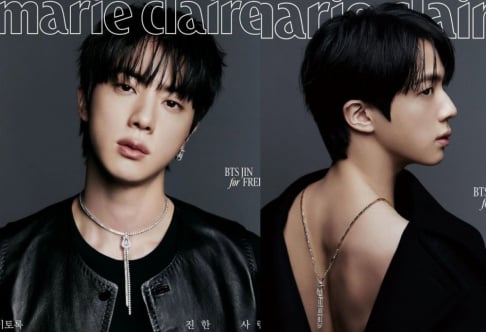






[+] This user has a poor community rating, click here to read this comment.